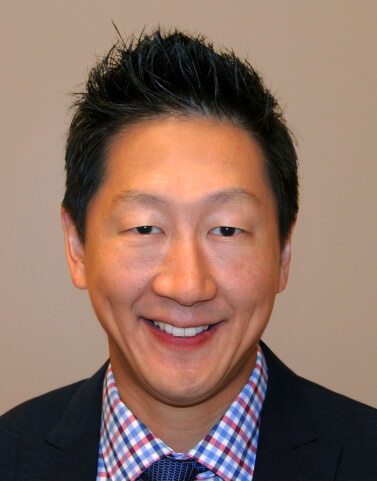Aesthetic Facial Body has helped thousands of people feel comfortable in their own skin, and every transformation is unique. Teen rhinoplasty requires guiding a young patient—and their family—through a first cosmetic surgery takes skill, empathy, and a deep understanding of the growing face. Double‑board‑certified facial plastic surgeon Dr. Philip Young brings all three to our Bellevue practice, along with more than 20 years of experience and an award‑winning academic career in facial aesthetics.

Middle‑school yearbooks, varsity team photos, TikTok videos—today’s teens live on camera. If a nose bump, crooked bridge, or post‑soccer fracture dominates every selfie, confidence can tank just when self‑image is still forming. Function matters too: a deviated septum may cause snoring, mouth‑breathing, or trouble keeping up at practice. Parents often tell us that correcting both form and function helped their teen sleep better, breathe easier, and walk into class with their shoulders back.
We follow clear medical and emotional guidelines before adding any teen to the surgery calendar:
A well‑timed Rhinoplasty for teenagers can deliver benefits that last into adulthood:
“My goal was to find a method to bring back a person’s natural youthfulness without the operated, unnatural look and that is why I have my patients bring in photos of them when they were age 5 to 30. My YoungVitalizer helps restore natural and youthful contours they haven’t seen in years.”
—Dr. Philip Young, Seattle Facial Plastic Surgeon





Our consultation is a dual-patient appointment, involving both the teen and their guardian. Dr. Philip Young first meets privately with the teen to hear, in their own words, what bothers them. Everyone then reviews high‑resolution 3‑D imaging to preview possible results. Surgery is performed under general anesthesia at our AAAHC‑accredited Bellevue facility. Incisions are made inside the nostrils or in the natural crease under the tip, and cartilage grafts reinforce the structure, ensuring the new contours remain stable as the teen matures.
Legal note: Washington State requires signed, informed consent from a legal guardian for medical procedures on individuals under 18. A guardian must also be present on the morning of surgery, remain reachable during the operation, and supervise the first 24 hours at home.
Most teens spend three to five days relaxing on the couch, watching streaming marathons. A lightweight external splint protects the nose for one week, and the sutures are removed around day 7. Expect visible bruising to fade by the second week; many students return to school about then, wearing a little concealer and a big smile. Gym class, contact sports, and heavy backpacks stay off‑limits for three to four more weeks, and subtle refining of the tip continues for up to a year.
Choosing the right surgeon for rhinoplasty for minors is about trust. Our entire team—from the front desk to the recovery room—treats your family like our own, answering late‑night questions and cheering each milestone.
Ready to start? Call us at 425-990-3223 or fill out our online contact form to schedule a consultation!
Yes, once facial growth is nearly finished, a legal guardian provides consent. Dr. Young confirms skeletal maturity with imaging and evaluates emotional readiness.
Generally no. Most 14‑year‑olds still have open growth plates. Operating too early risks post‑surgery distortion as the face continues to grow.
Girls around 15 and boys around 16–17, assuming growth confirmation and physician approval.
Fees vary by anatomy and complexity. Teen rhinoplasty in the Puget Sound region ranges from $8,000–$12,000 and usually includes surgeon, anesthesia, facility, and follow‑up visits. Financing options such as CareCredit® are available.
Older techniques sometimes removed too much structure, allowing the tip to droop over time. Modern rhinoplasty reinforces cartilage, so results remain stable even decades later.
With proper surgical technique and sun protection, most patients enjoy the same balanced profile they had at year one. Minor internal changes can occur, but revision is rarely needed unless new trauma happens.
